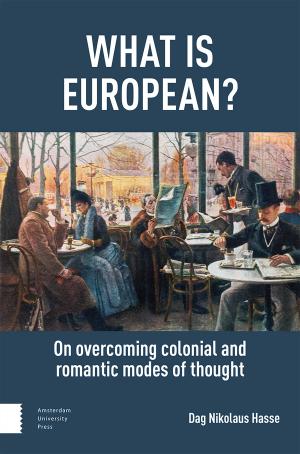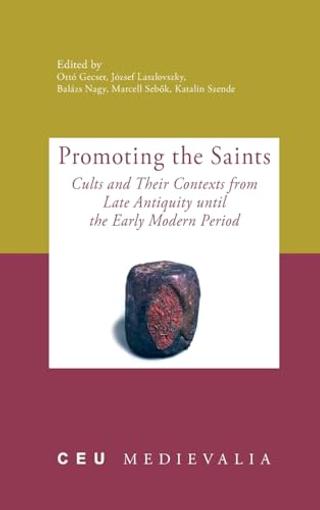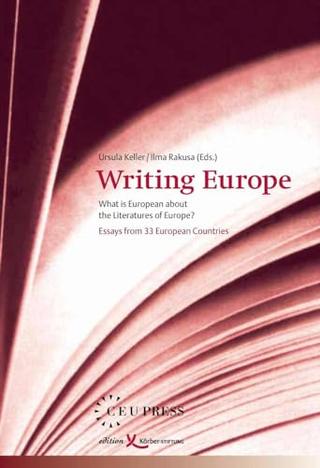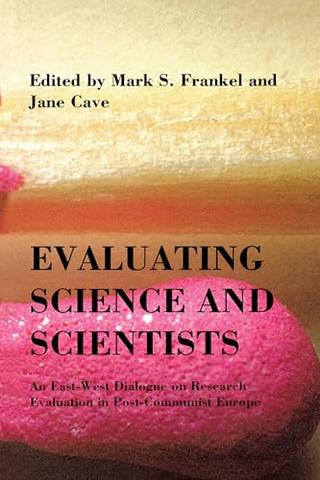It is common to define Europe by its democratic, scientific, religious, and cultural traditions. But in What is European?, Dag Nikolaus Hasse argues that the search for Europe's essence has taken a troubling turn. He shows that many traditional ideas about Europe are culturally one-sided and historically and geographically distorted, and calls for a decolonisation and deromanticisation of the discourse on Europe.
The book promotes an inclusive vision of Europe that reflects its long history of multiethnic cities, offers a cultural home to a wider range of people across the continent, and extends attention and respect to other continents, thus laying a more respectful foundation for shaping the future together.
At the same time, Hasse demonstrates that overcoming colonial ways of thinking does not and should not result in anti-Europeanism. Criticising European arrogance may well go hand in hand with feeling culturally at home in other traditions of Europe. For this, it does not matter whether one is a resident of the European continent or not. There is no privileged access to European culture or to the culture of any other continent.





